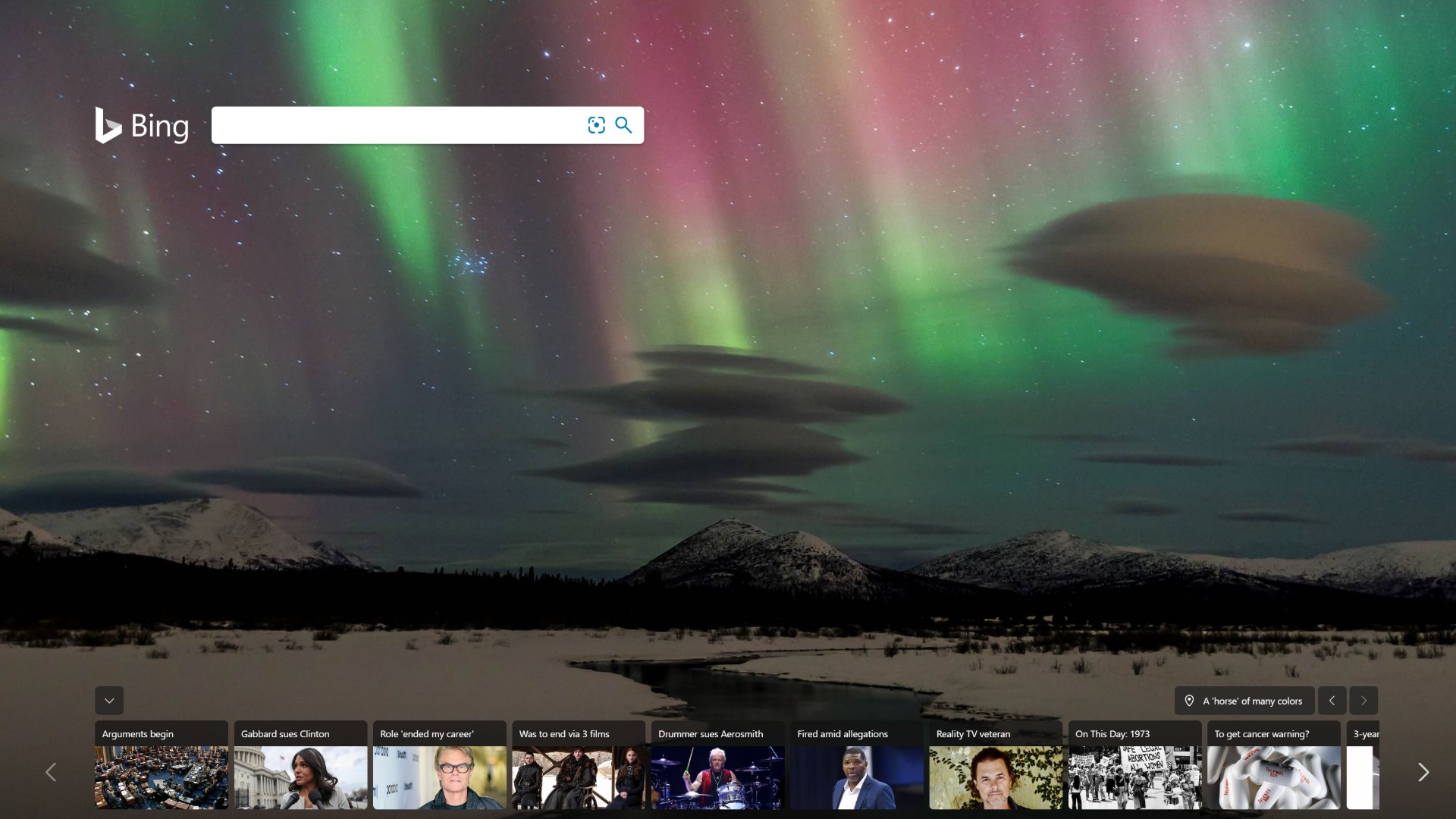Microsoft is forcing Bing on business customers — and they're pissed
Bad Microsoft.

When it comes to browsers, there is really no contest. Google is the best search engine around, and just about everybody knows it.
Except for Microsoft, and that just became a problem. Why? Because the company created a new Chrome extension for Office 365 ProPlus customers that forces Chrome to use Bing as its default search engine.
"By making Bing the default search engine, users in your organization with Google Chrome will be able to take advantage of Microsoft Search, including being able to access relevant workplace information directly from the browser address bar," Microsoft wrote in a blog post.
Office 365 ProPlus, primarily used by businesses, is similar to regular Office except for some licensing differences. It also gets updated regularly, unlike the version for consumers. IT admins should be aware thta installing a new version of Office 365 ProPlus or updating a current version will lock users into Bing as a search engine.
Naturally, IT admins aren't thrilled with Microsoft's restrictive new policy. Office 365 ProPlus customers have taken to Reddit and Github urging Microsoft to make the browser lock optional.
Microsoft will release the extension in February starting in the US, UK, Germany, India, Australia, France and Canada. Let's hope it changes its mind before then.
- Microsoft exposes 250 million customer records: What to do
- North Korean hackers attacking laptops with Internet Explorer flaw: What to do
- Microsoft's Chromium Edge browser arrives this week: What you need to know
Sign up to receive The Snapshot, a free special dispatch from Laptop Mag, in your inbox.
Phillip Tracy is the assistant managing editor at Laptop Mag where he reviews laptops, phones and other gadgets while covering the latest industry news. After graduating with a journalism degree from the University of Texas at Austin, Phillip became a tech reporter at the Daily Dot. There, he wrote reviews for a range of gadgets and covered everything from social media trends to cybersecurity. Prior to that, he wrote for RCR Wireless News covering 5G and IoT. When he's not tinkering with devices, you can find Phillip playing video games, reading, traveling or watching soccer.

